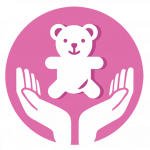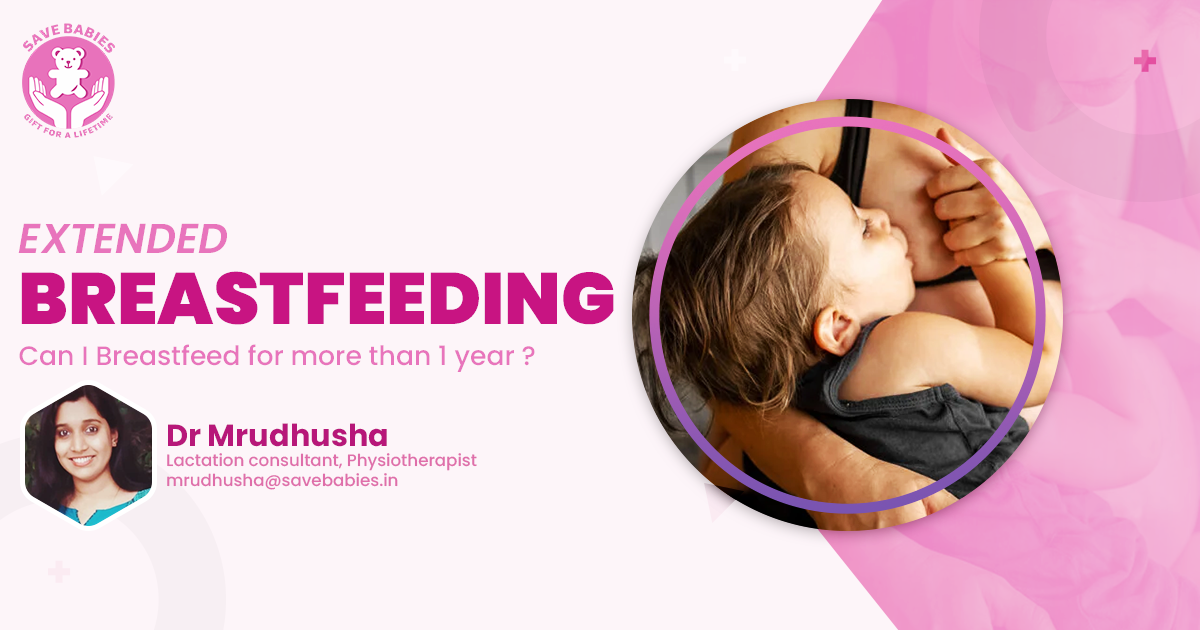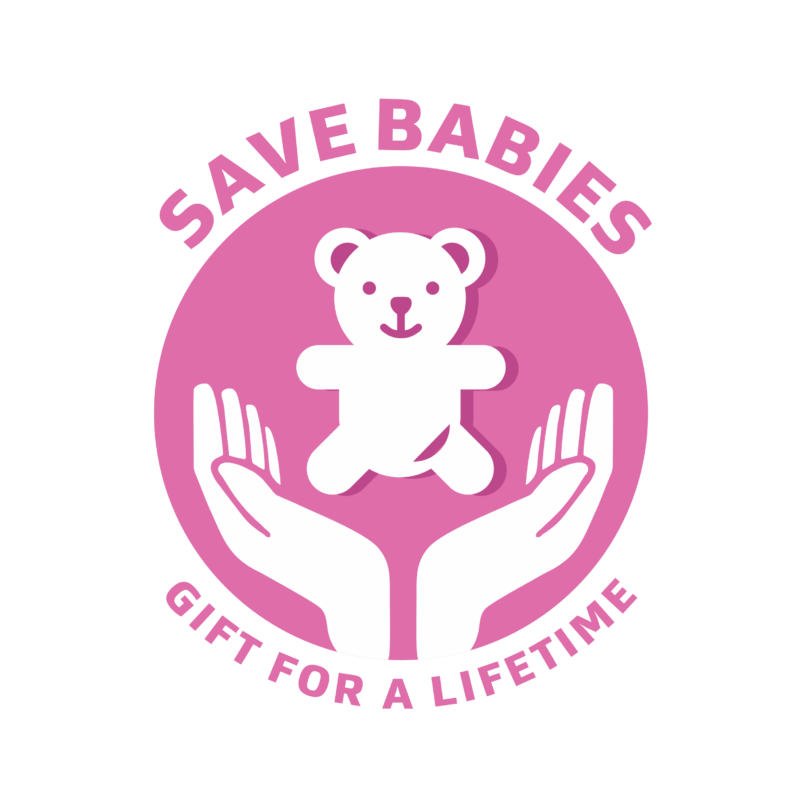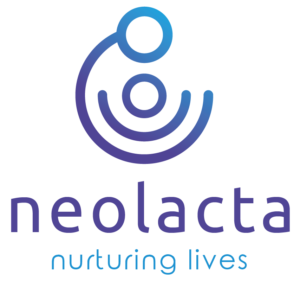You most likely don’t have a time frame in mind for how long you’ll breastfeed when you begin. You’re just trying to get through the long nursing sessions, painful nipples, and lack of sleep. Your major objective is probably to master nursing while maintaining your sanity. As the baby begins solid meals, you continue to breastfeed him or her for at least another 12 months. If you want to, you can continue long-term breastfeeding. Breast milk contains antibodies that can help protect the child from infections and diseases, and it also promotes healthy brain development. When your infant starts eating solid meals, weaning naturally occurs. During this period, he or she will start to wean off breastfeeding. The ideal time to wean your child should be discussed with your healthcare professional. The general rules are as follows:
How long should you breastfeed?
The World Health Organization recommends continued breastfeeding up to 2 years of age or beyond1, along with the introduction of appropriate complementary foods. At around six months, start giving solid foods. Your infant may demonstrate readiness to begin eating solid meals. He or she might reach for the food while watching others eat with curiosity. He or she should be able to sit in a feeding chair or infant seat while holding their head erect. Breastmilk continues to be the primary source of nutrition for up to 1 year. Breastfeeding toddlers, also known as extended breastfeeding, is when a mother continues to breastfeed her child beyond the age of one year.
Benefits of Extended Breastfeeding
The breast milk composition has nutrients like carbohydrates, proteins and many others and changes every week as the baby’s body develops from one week to another. Based on the growth factors, the milk is available in the following stages: –
Extended breastfeeding which is the practice of breastfeeding beyond the first year of a child’s life can provide numerous benefits for both mother and child. here are some potential benefits
Nutritional benefits: Breast milk continues to provide important nutrients, including protein, fats, vitamins, and minerals, that can help support the child’s growth and development.
Immune Protection: Breast milk contains antibodies and other immune factors that can help protect the child against infections and illnesses, especially as their immune system continues to develop.
Emotional Comfort: Breastfeeding can provide emotional comfort and a sense of security for the child, which can be especially important during times of stress or change.
Reduced Risk of Certain Health Problems: Breastfeeding has been linked to a lower risk of certain health problems, including ear infections, respiratory infections, asthma, obesity, and type 2 diabetes.
Bonding: Breastfeeding can help promote bonding between the mother and child, and can provide an opportunity for skin-to-skin contact and physical closeness.
Reduced Risk of Certain Cancers: Breastfeeding has been linked to a lower risk of certain cancers, including breast and ovarian cancer in the mother.
Convenience: Breastfeeding can be a convenient and cost-effective way to provide nutrition for the child, as breast milk is always available and requires no preparation or cleanup.
Psychological impact on breastfeeding older children
There is compelling evidence that breastfeeding modifies a mother’s stress physiology, enhancing the parasympathetic nervous system, and resulting in lower levels of self-reported stress in nursing moms compared to formula-feeding mothers.
According to a 2018 study2 breastfeeding significantly reduces physiological and subjective stress, facilitates positive affect, and improves maternal sensitivity and care in mothers. Breastfeeding may reduce the incidence of depression in a dose-dependent manner, with mothers benefiting more from increasing breastfeeding intensity or frequency. Breastfeeding and postpartum depression have a complicated relationship because, for psychological as well as physiological reasons, depression can affect a woman’s ability or desire to breastfeed. For the developing infant, breastfeeding offers much more than just nutritious nutrients. Extended breastfeeding can provide a sense of security and comfort, and may help promote independence and confidence. Breastfeeding can also promote a strong bond between the mother and child and may help the child feel loved and cared for.
Disadvantages of breastfeeding older children.
It’s important to note that extended breastfeeding may not be feasible or desirable for every mother and child, and the decision to breastfeed beyond the first year should be based on what works best for the individual situation. However, for those who choose to continue breastfeeding, there are potential benefits for both the mother and child. Both mother and baby gain several advantages from breastfeeding, which sets off a special psychological and physiological time
However prolonged breastfeeding can affect the oral hygiene of the baby. Even before your child’s teeth erupt, it is a good idea to clean their gums at least once a day starting at birth. Once your child has several teeth, begin daily brushing with water and a child-sized toothbrush with soft bristles and a small dab of toothpaste.
Conclusion
Overall, prolonged nursing has no drawbacks because it offers moms and babies unparalleled health advantages. Breast milk is specifically designed to suit the health needs of a developing baby, making it the clinical gold standard for infant feeding and nutrition. More has to be done to provide moms who choose to breastfeed with a safe and supportive environment.
Reference
Psychological effects of breastfeeding on children and mothers by Kathleen M. Krol & Tobias Grossmann




